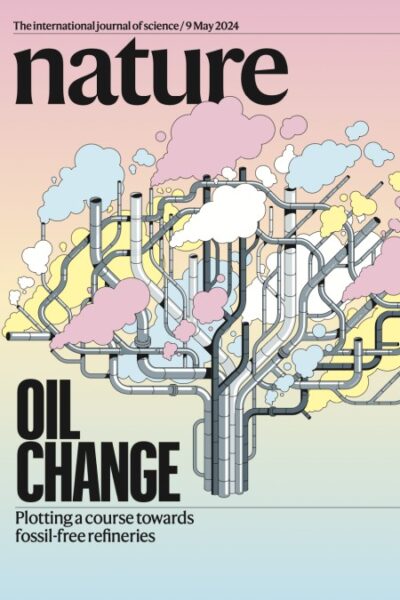Two chemists from Utrecht University have presented a visionary roadmap in a Nature article, demonstrating how oil refineries could be reinvented to become completely fossil-free by 2050, significantly contributing to a carbon-neutral society. The researchers, Eelco Vogt and Bert Weckhuysen, propose a refinery that is entirely carbon-neutral, using order-of-magnitude calculations for a single refinery plant in Europe to show the necessary energy, materials, and resources, as well as the related financial and political constraints.
Key Aspects of the Fossil-Free Refinery
The refinery of the future involves several key aspects, including the conversion of CO2, plastic, and biomass waste into useful raw materials, the production of sustainable hydrogen, and air capture systems to extract CO2. The vision is to integrate all components needed to build a refinery complex that ultimately becomes zero-waste. For example, CO2 waste streams produced by biomass and plastic waste conversion can be used to produce sustainable fuels.
“However, the vision is the integration of all components needed to build a refinery complex that ultimately becomes zero-waste”, Weckhuysen states.
Challenges and Opportunities for the Future Refinery
Many of the technologies for the future refinery exist in the lab today but require massive scale-up efforts, which is a significant challenge. Additionally, much more scientific and technological work needs to be done to ensure that lab solutions work in real life, particularly in developing robust catalysts that are resistant to impurities in the new raw material streams.
The researchers estimate that a new refinery requires investments in the order of 14 to 23 billion euros, and replacing all 615 refineries now operating over the next 25 plus years would require investments on the order of 320 to 520 billion euros per year.
“But of course, long-term global sustainability gains, should be far more relevant than short-term local financial gains”, Vogt says.
Apart from the science, technology, adequate policies, and financial support, the researchers emphasize the importance of educating scientists and engineers who can operate in interdisciplinary projects to make these solutions a reality.
“While science and technology can develop solutions, society will have to embrace them”, Weckhuysen argues. “That is why we need to educate scientists and engineers that can operate in interdisciplinary projects that will make our solutions materialize.”


